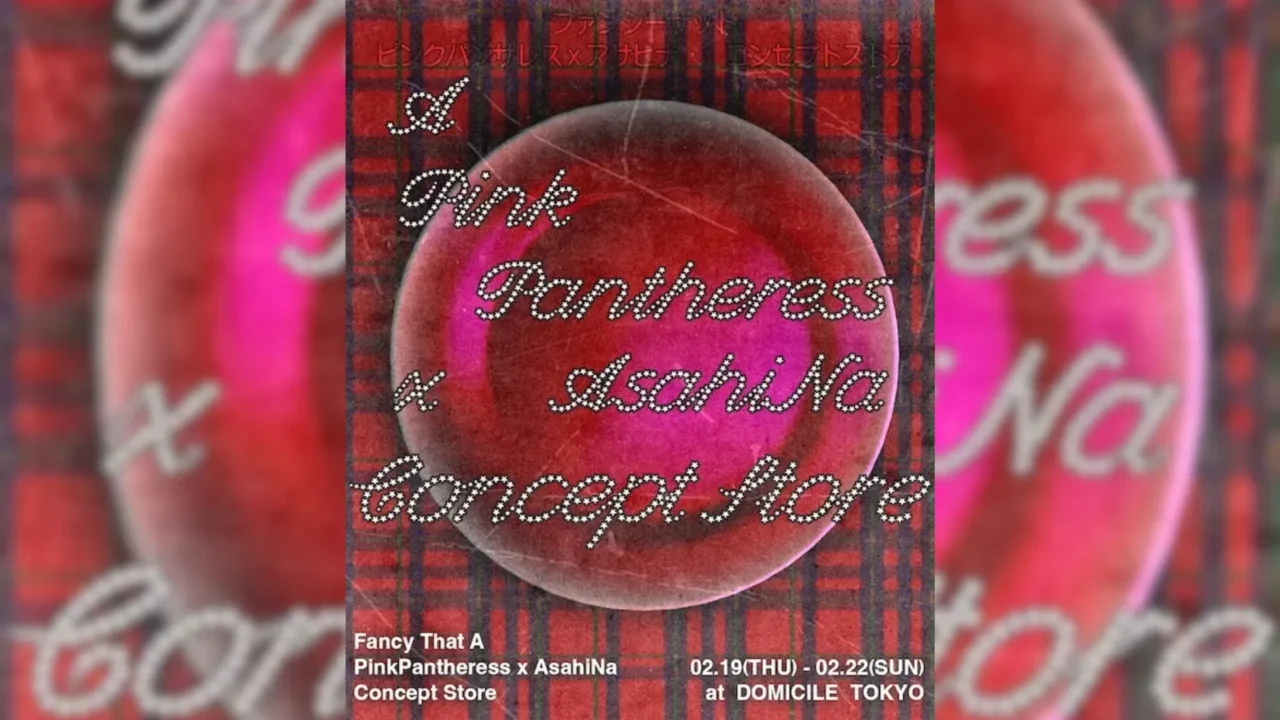INDEX
Emphasizing Autonomy: Designing Like Gardeners, Not Architects
–Listening to the conversation, the keywords “indivisibility” and “crossing boundaries” that Ideguchi mentioned earlier resonate. Some individuals, like Kishino, can practice these concepts flexibly, while others struggle before reaching that point, even though they feel the need. That’s the real current situation.
Ideguchi: Recently, there was a news report that the turnover rate of local government employees among the younger generation is increasing, and I think that everyone is actually very busy.
Kishino: You are doing a good job in such a busy schedule.

Ideguchi: No. But what I think about when I am running a facility is that we should not be too rigid in our decisions. Agencies are probably better at making perfect arrangements, but recently I have been trying to coordinate only the beginning and leave the rest to the clients to get along.
-I think it’s like taking your hands off the wheel.
Ideguchi: Yes. Brian Eno once told me that I should design like a gardener, not like an architect. In other words, instead of producing a finished product, you should design only the beginning, and then prune and correct the course as the plants grow. Yes, in the case of a hall, you need something packaged to a certain extent, but when it comes to community centers and civic activities, I think it’s important to let go along the way. It’s not going to work out the way you want it to anyway.
Kishino: That’s right. I, too, am not creating my own hobby world of DJs in the parks. Some play hip-hop, some play moe anime songs. That’s fine. If there were kids playing harsh noise in the park, I would say, “Let’s think about it.

-But if there were kids playing harsh noise in the park, I would say, “Let’s think about it.”
Kishino: It’s not so much objectivity as publicity. That is a branch that has grown too long, so you have to trim it a little bit. I love harsh noise from the point of view of my own taste, but when I actually do it, I realize that public space is not the place to express my taste. The reactions are direct. So we ask people to try it out and experience it for themselves. We don’t want to put any restrictions on individual expression.
Furthermore, I think that the idea of jacking up a city with music is not effective today. At local music festivals, there are old men in their fifties who say, “Let’s give the old guys a good thrashing with our rock music,” only to have the young people retreat and disappear, saying, “Let’s move to a quieter place. In today’s world, where there are countless small island universes of interests and tastes that do not intersect, I believe that music is not suited to play a role in changing the consciousness of others. Even if we do get people interested, we need to think about how to approach them and create a different frame of reference. It is interesting to see how easy it is to “recruit like-minded people” on the Internet, but how difficult it is to do so in public spaces.
Ideguchi: I think it would be better to create only a framework and leave the rest to autonomy. To put it another way, at the end of 2023, the Citizen’s Action Center served as the coordinator and held a Christmas exchange meeting at Nagasaki City Hall where NPOs and volunteer groups dealing with child poverty issues, people with disabilities, support facilities for people with disabilities, and children’s cafeterias got together. This was another event where we received information from individual groups that they wanted to do something for Christmas, and we decided to do it together anyway. We felt that there was potential in creating a place where fields such as childcare, education, and welfare for the handicapped could meet within a loose framework.
-It is also good that the trigger is Christmas. Then many people, people with various attributes can easily participate.
Ideguchi: That’s right. Each of these activities may be small, but if these attempts spread through newspapers and social networking sites, they may become a chance for people to learn about individual activities.
I mean, I think that society is a place where various people are mixed together in the first place. There are people with disabilities, and there are poor families. The limitation comes from the fact that poor families are taken care of by the welfare department. So, why don’t we try to loosely link them together? Recently, I would like to focus on such intermediary support activities.


























